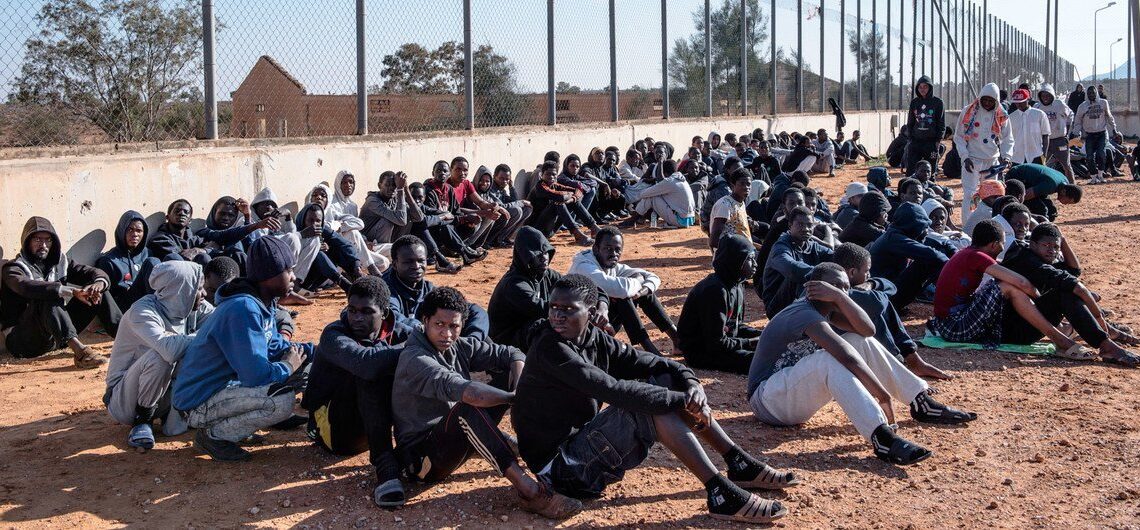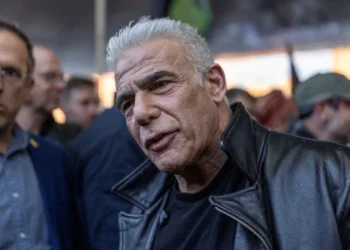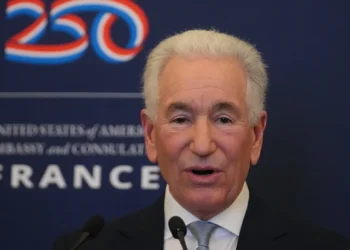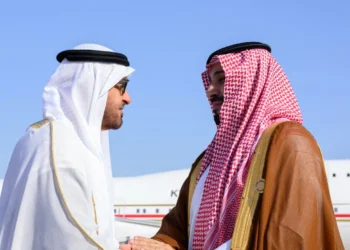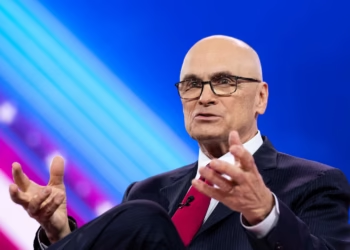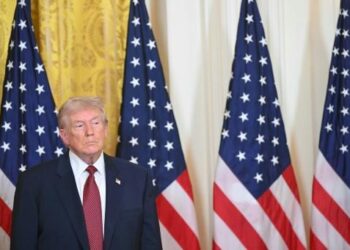TRIPOLI (Realist English). The United Nations has confirmed the discovery of more than 80 bodies at official and clandestine detention sites in Libya, many controlled by the Tripoli-based Stabilization Support Apparatus (SSA), a government-affiliated armed group long accused of torture, disappearances, and extrajudicial killings.
“These findings confirm our worst fears,” said UN High Commissioner for Human Rights Volker Türk, who called for immediate forensic investigations and full accountability. “Suspected torture instruments, signs of abuse, and possible evidence of executions have been uncovered alongside the remains.”
The discoveries follow weeks of unrest triggered by the killing of Abdul Ghani al-Kikli, the SSA’s leader, in May. Violent clashes between rival armed groups and security forces ensued, leading to civilian casualties and damage to public infrastructure, including hospitals. In the aftermath, 10 charred bodies were found at the SSA’s Abu Salim headquarters, while 67 more were recovered from hospital morgues in various states of decomposition. Another burial site was uncovered within Tripoli Zoo — also under SSA control.
The identities of the victims remain unknown. Türk stressed the need to preserve the dignity and privacy of the deceased as graphic images began circulating on social media.
These mass graves are not isolated cases. In February, two other sites were uncovered in Jakharrah and Al-Kufra containing 10 and 93 bodies respectively, many believed to be migrants — a population particularly vulnerable to human trafficking and enforced disappearance. According to the International Organization for Migration (IOM), over 1,000 migrants were killed or went missing in Libya in 2024 alone.
While the internationally recognized Government of National Unity (GNU) in Tripoli has announced two investigative committees to address these human rights violations, Türk raised alarm that forensic experts are still being denied access to key sites.
“There must be no delay. These sites must be sealed, evidence preserved, and perpetrators held accountable in line with international law,” he urged.
Türk also expressed concern over the force used against recent demonstrators calling for justice, warning of violations of freedom of expression and assembly. He appealed for renewed efforts to break Libya’s cycle of “transitional arrangements without transition” and to commit to a genuine path toward democratic governance.
“The Libyan people are demanding truth, justice, and a life lived with dignity and rights. These demands must be met,” he concluded.


